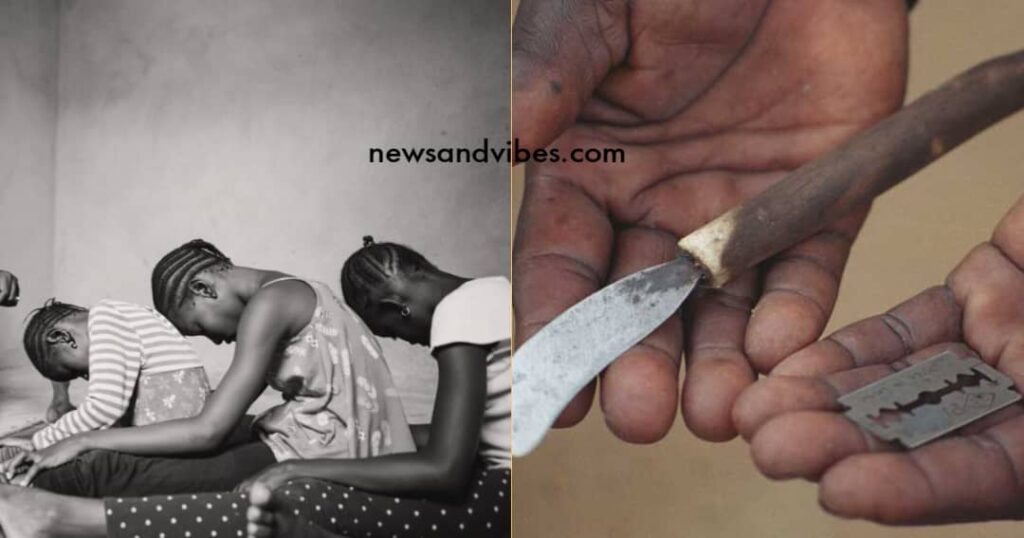-
The Gambia is moving toward becoming the first country to repeal its ban on female genital mutilation (FGM).
-
Lawmakers voted 42 to 4 in favor of advancing a bill to overturn the 2015 ban, which had imposed up to three years in prison for offenders.
-
Bill sponsor Almameh Gibba argued that the ban violates cultural and religious rights in the predominantly Muslim nation.
-
Human rights groups strongly opposed the move, warning it would erase progress and harm The Gambia’s global human rights reputation.
-
Activist Jaha Marie Dukureh of Safe Hands for Girls, a survivor of FGM, condemned the bill as “child abuse,” citing her own trauma and her sister’s death from the practice.
-
The debate comes after three women were recently convicted for carrying out FGM on eight baby girls — the first convictions under the law.
-
The bill will undergo a three-month parliamentary committee review before a final reading, where amendments may be proposed.
With millions of women and girls affected, The Gambia may be the first nation in the world to rescind legal prohibitions against female circumcision after taking a contentious step toward repealing the ban on the procedure.
A bill to abolish the historic 2015 ban on female genital mutilation (FGM) was advanced by lawmakers in the West African nation’s parliament on Monday by a resounding 42 to 4. Prior to this prohibition, the activity may have resulted in up to three years in prison.
The bill’s sponsor, politician Almameh Gibba, contended that the prohibition violated the rights of citizens of The Gambia, a nation with a large Muslim population, to exercise their culture and religion.
However, human rights organizations and activists have expressed disapproval of this action, stating that lifting the ban could undo years of progress and damage the nation’s reputation for respecting human rights.
Rep. Jaha Marie Dukureh, of Safe Hands for Girls, an organization that works to prevent female genital mutilation, denounced the bill, referring to it as “child abuse.” Dukureh highlighted the psychological and physical anguish caused by female genital mutilation, having herself undergone the procedure and seen her sister die as a result.
The nation is divided over the revocation of the prohibition, especially after three women were found guilty in August of performing FGM on eight baby girls—the first convictions under the law.
A parliamentary committee will now review the bill more closely before it is read a final time, which should take three months. The committee has the power to suggest changes to the law during this time.
